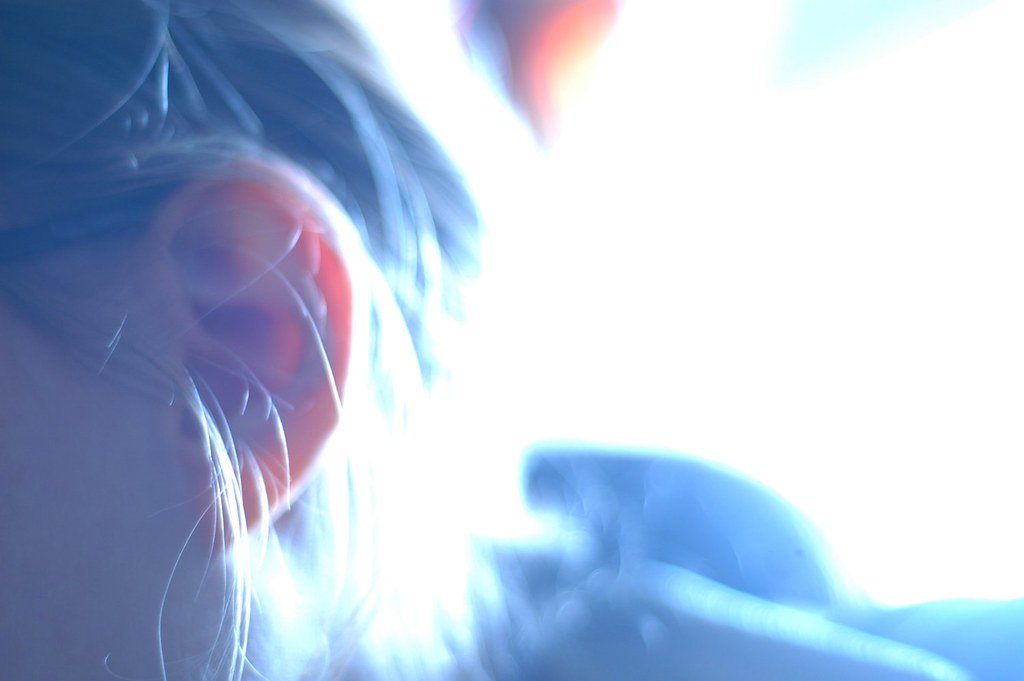Tinnitus is the perception of noise or ringing in the ears. It is a relatively common problem, affecting about 15 to 20 percent of people.
Tinnitus isn't a condition itself — it' a symptom of an underlying condition, such as age-related hearing loss, ear injury or a circulatory system disorder.
The word “Tinnitus” comes from the Latin meaning to “tinkle” or “ring like a bell”.
This experience of tinnitus can be distressing, distracting and even depressing. The tinnitus can also be mildly annoying or it can actually stop people functioning normally in life. Although bothersome, tinnitus usually isn't a sign of something serious. Although it can worsen with age, for many people, tinnitus can improve with treatment. Treating an identified underlying cause sometimes helps and other treatments can assist in reducing or masking the noise, making the tinnitus less noticeable.
Tinnitus involves the sensation of hearing sound when no external sound is present. Tinnitus symptoms may include these types of phantom noises in your ears:
- Ringing
- Buzzing
- Roaring
- Clicking
- Hissing
- Humming
The phantom noise may vary in pitch from a low roar to a high squeal, and you may hear it in one or both ears. In some cases, the sound can be so loud it can interfere with your ability to concentrate or hear external sound. Tinnitus may be present all the time, or it may come and go.
There are actually two kinds of tinnitus.
- Subjective tinnitus is tinnitus only you can hear. This is the most common type of tinnitus. It can be caused by ear problems in your outer, middle or inner ear. It can also be caused by problems with the hearing (auditory) nerves or the part of your brain that interprets nerve signals as sound (auditory pathways).
- Objective tinnitus is tinnitus your doctor can hear when he or she does an examination. This rare type of tinnitus may be caused by a blood vessel problem, a middle ear bone condition or muscle contractions.
Maybe you get it occasionally or possibly it’s there all the time. Like any noise, sometimes you notice it more than others and you’ll find that it may be there but when your attention is taken up with something else then you temporarily forget about it.
Differing people have different levels of tolerance to any physical and psychological experience. Stress seems to worsen the symptoms and experience of tinnitus.
The brain has the potential to have a profound and powerful effect over the functioning in the body and hypnosis is the most effective way to gain that mastery of the workings of the body.
Even though hypnotherapy doesn’t eliminate tinnitus, it can reduce the volume and stress of the negative emotions that surround tinnitus. In fact, recent studies of the efficacy of hypnosis in tinnitus reduction showed that 73% of individuals taking part succeeded in doing just that.
Imagine a reduction in tinnitus symptoms of 25% …..50%....75%.... or even a reduction of $100%
Therefore, allow hypnotherapy and counselling to assist you to:
- induce deep and profound relaxation to work directly on stress levels to diminish tinnitus, and/or provide hypnotic suggestion to turn down and switch off tinnitus sounds, allowing you
to be less bothered and less sensitive to the tinnitus sounds themselves. - Allow you to cope better and lead your life in a normal and satisfying way again, feeling more rested and restored.
For further information contact us on (03) 5223 2370 or via email This email address is being protected from spambots. You need JavaScript enabled to view it.
Karen Holt Clinical Hypnotherapy and Counselling
Clinical Hypnotherapist
AMAHS, MASCH, NFH
Image credit: flickr
